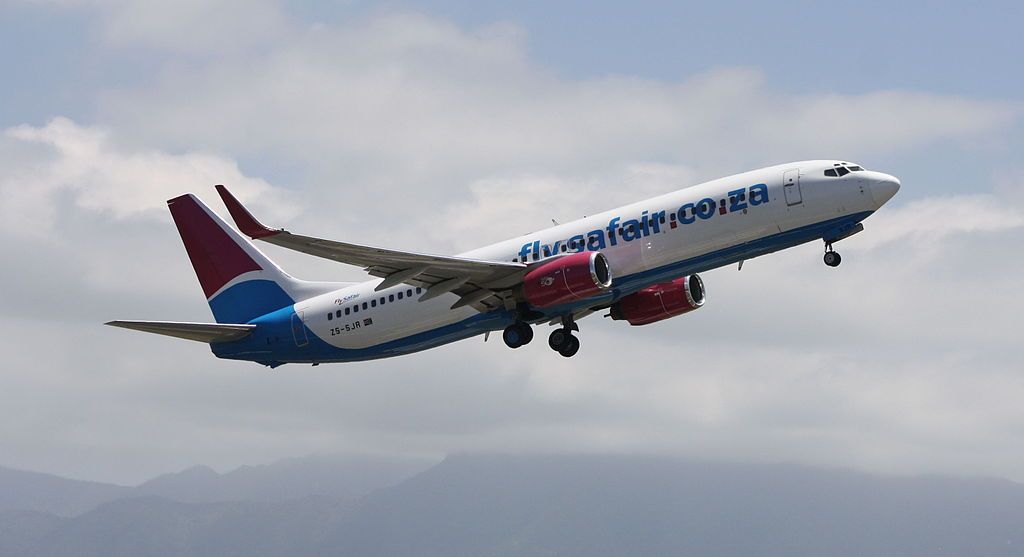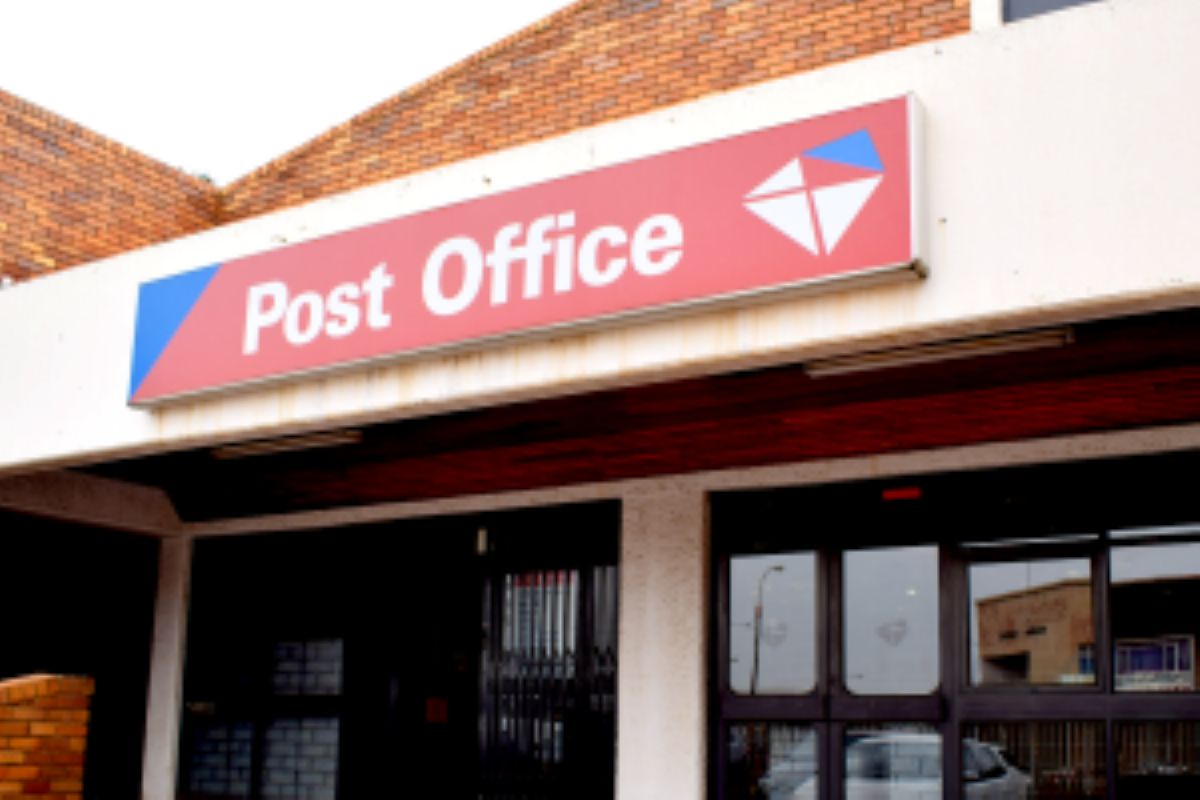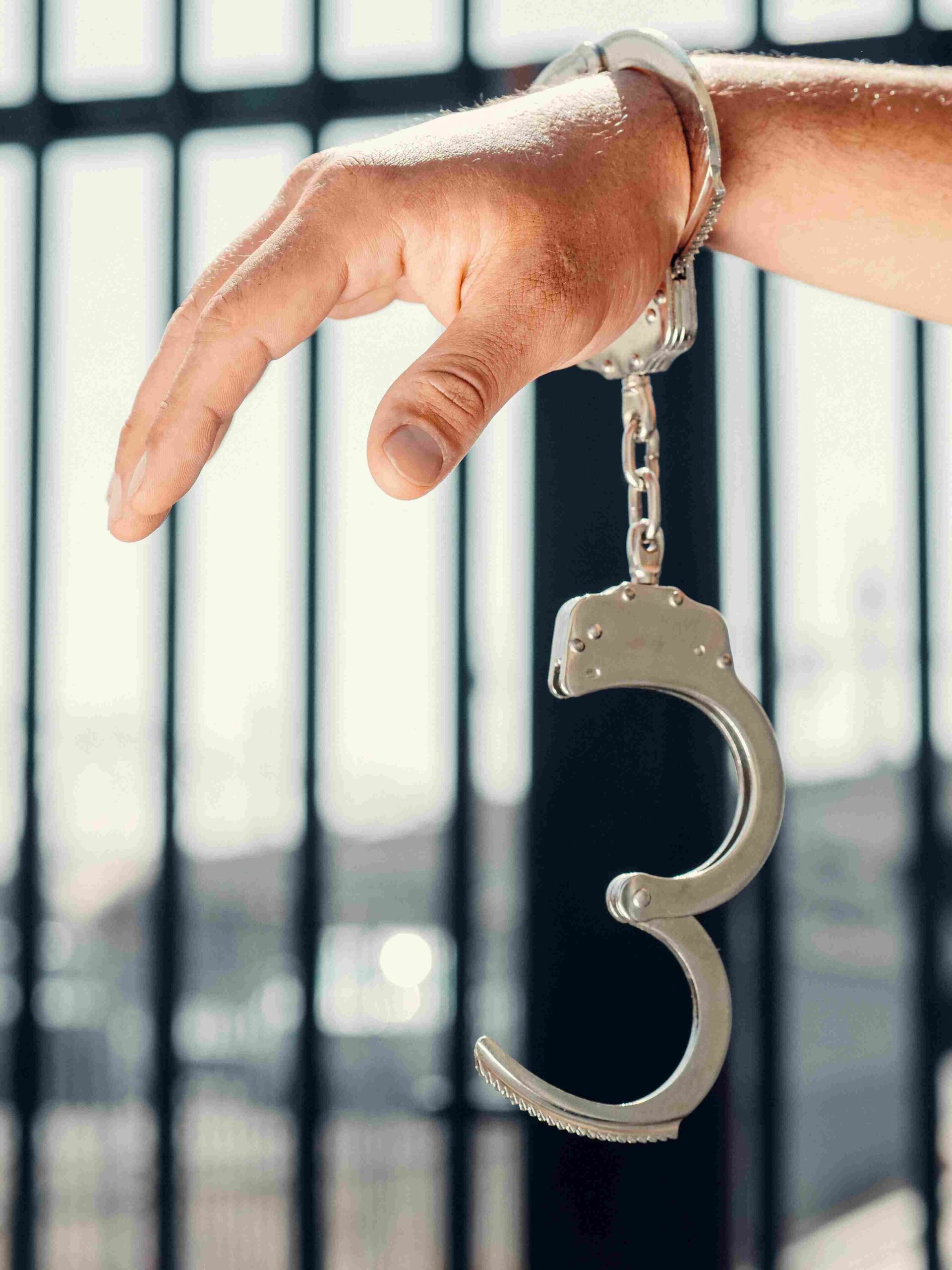
The popular low-cost South African airline, FlySafair is currently facing legal battles due to its ownership structure. The finding by the Air Services Licensing Council (ASLC) that the airline is non-compliant with domestic licensing rules could jeopardise the operations of the airline. It could also bring significant disruption to air travel.
What is FlySafair’s non-compliance about?
The non-compliance issue boils down to FlySafair’s shareholding structure not complying with South African law, which limits foreign ownership of domestic airlines to 25%. The airline is in violation of this law as Ireland-based ASL Aviation Holdings primarily controls it. ASL’s total ownership is 74,86%, which significantly exceeds the legal foreign ownership limit.
Competitors Airlink and Lift have argued that FlySafair’s ownership structure gives it an unfair advantage in the market.
FlySafair issued a statement saying that the ruling calls into question the compliance of numerous airlines with the Air Services Licensing Act, specifically regarding ownership requirements.
Are other local airlines also non-compliant?
According to FlySafair, the main issue is interpreting the law that states 75% of an airline’s voting rights must be owned by individuals living in South Africa. The ASLC argues that this means airlines must have individual shareholders, excluding trusts and companies. This interpretation is problematic according to FlySafair as most people do not have enough money or resources to own an airline. As a result, it could bring into question whether other local airlines, including Airlink and SAA, are following the rules.
However, Airlink issued a statement affirming its compliance with all South African civil aviation regulations.
How could this affect passengers?
According to Moneyweb, FlySafair has appealed to Transport Minister Barbara Creecy to intervene by granting the airline an exemption from the relevant legal provisions until its court application for a declaratory order and its court review of the council’s finding of non-compliance are finalised.
However, FlySafair expects a letter within the next couple of days from ASLC listing the sanctions.
This could lead to the suspension or withdrawal of the airline’s licence, which will effectively see it grounded.
With a market share of about 60% and up to 160 flights carrying 30 000 passengers per day, this could be a disaster not only for FlySafair, but for thousands of passengers who would be stranded since the capacity to accommodate them with other airlines is limited.
Do you often use FlySafair?
Let us know by clicking on the comment tab below this article.
You can also email info@thesouthafrican.com or send a WhatsApp to 060 011 021 1.
Also, follow @TheSAnews on X and The South African on Facebook for the latest news.













